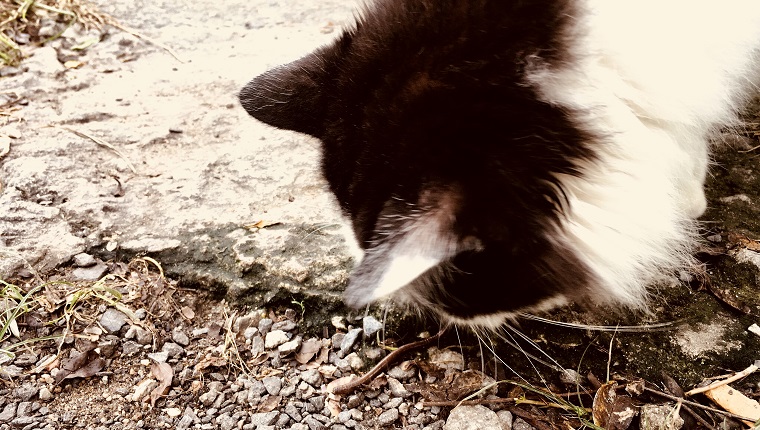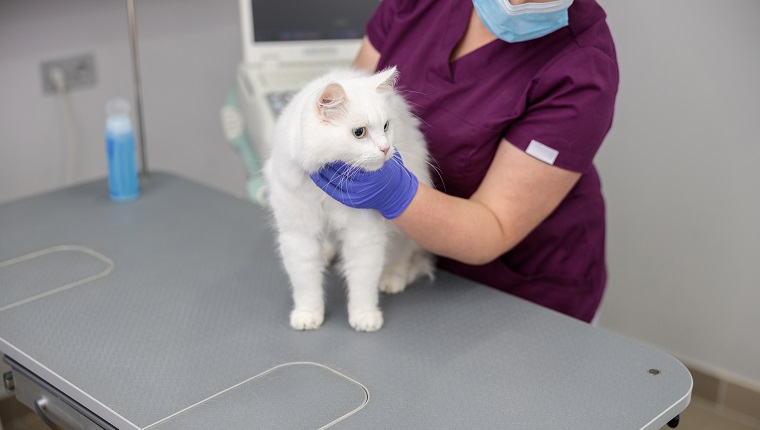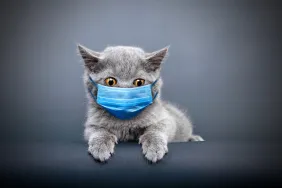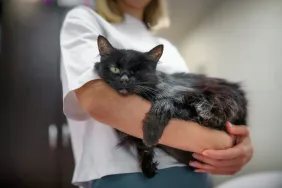Capillariasis in cats is a medical condition that comes about when parasitic worms, called capillaria plica, infect a cat. Cats can pick up the condition when they consume infected earthworms or come into contact with infected food, water, or feces.
This condition mostly affects a cat’s bladder and urinary tract. In general, cats tend to contract it when they are at least eight months of age.
If you see signs that your kitty might be developing a parasitic infection, then you must consult your veterinarian for a proper diagnosis and course of treatment. Here’s what you should know about the symptoms, causes, and treatments of capillariasis in cats.
Symptoms Of Capillariasis In Cats
Capillariasis in cats often does not result in any visible symptoms.
However, in other cases, some of the symptoms that this condition can produce include:
- Diarrhea
- Vomiting
- Blood present in the urine
- Urinating more than usual
- Difficulties urinating (including straining)
Causes Of Capillariasis In Cats

The cause of capillariasis in cats is ingestion of the worms or their eggs. This often happens if a cat consumes food, water, or feces that have been contaminated.
In general, cats commonly contract the infection by coming into contact with infected earthworm.
Veterinary Treatments
If you think that your feline has developed capillariasis, your veterinarian will carry out a full physical examination. Your vet will also want to ask questions about your cat’s medical history and any recent events or circumstances where they could have been exposed to contaminated substances.
Urine tests are the most effective way to confirm a diagnosis.
When it comes to treatment, there’s a chance that a cat who does not display any symptoms will not need any specific intervention. In other cases, vets often recommend the drugs ivermectin and fenbendazole.
As always, if your vet prescribes your kitty any medicine, it is important that you stick to the recommended dosage and frequency instructions and complete the full course of medication.
Additionally, one of the smartest ways to prevent your cat from contracting this condition is to keep them indoors.
Has your cat ever picked up capillariasis? How do you think they got the infection? Tell us all about it in the comments below.









